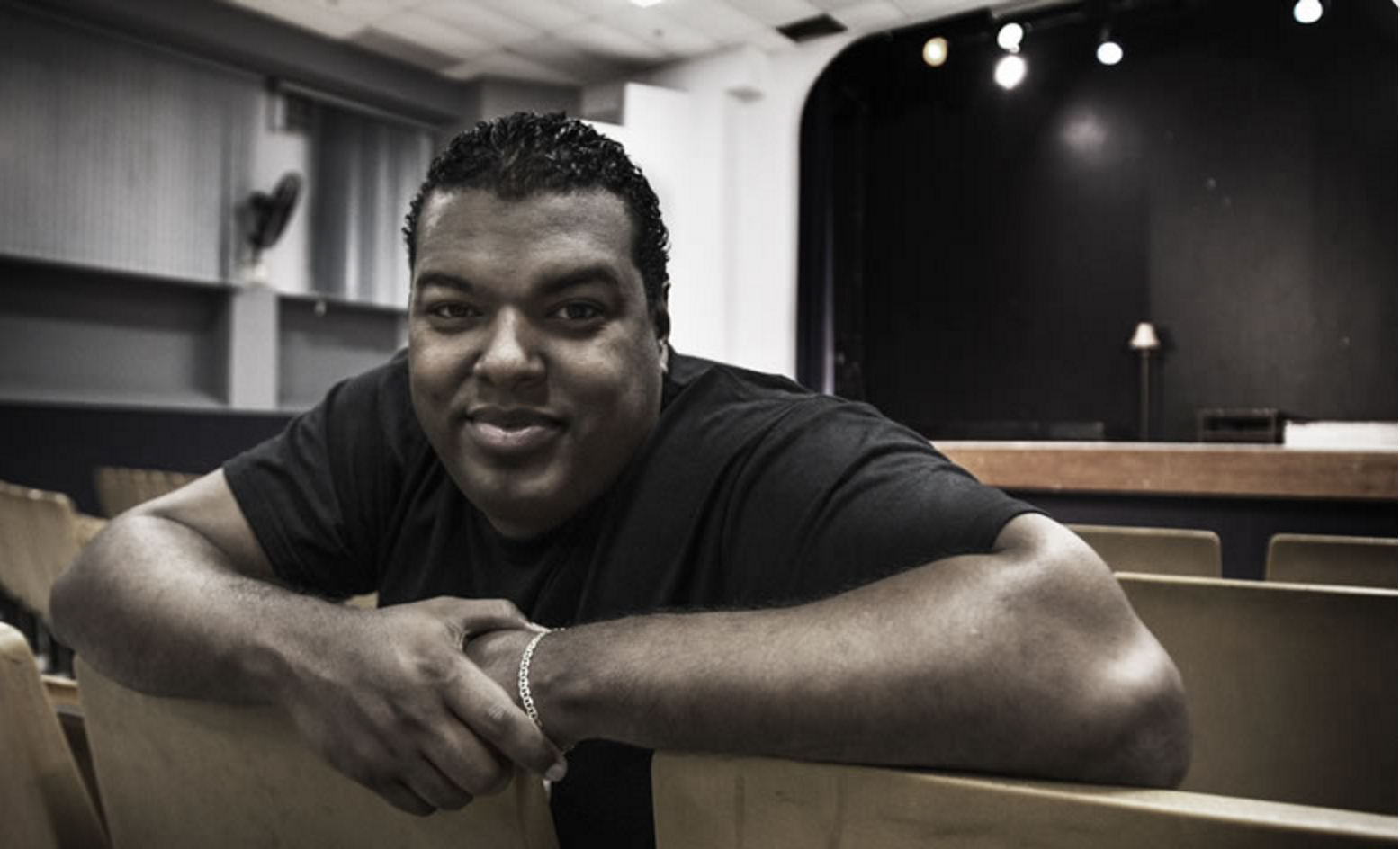
The Good
“The acceptance of the outsiders [laughs]. And maybe the way our kids now see art in their society. It is no longer a stigma to be a part of the arts. It wasn’t easy at first because a lot people thought just like my dad. So first I had to convince the kids that it was ok, then the kids had to convince their parents, once they were on board I had to convince the community that this was important. But now, everyone is eager to get involved and theater is regarded to the same way as sports, as another viable option to get off the streets.”
The Bad
“That bad part is having to convince investors/sponsors to get on board. Convincing them that you have talent and making them give you the opportunity. It’s like you are at their mercy. I went to the first meeting with this producer and he says, ‘I love it, it’s perfect! Let’s change it.’ He said, ‘It’s cool and all but I don’t see it with the kids from the Caserío. Why don’t we use young celebrities?’ It was really tempting because he offered me a lot of money for the screenplay but it was for all his people. So I said no thanks.”
“So then another producer calls me. She says, ‘I love it. It’s perfect. Let’s Change it.’ she wanted to film it in La Perla instead of the Caserío. Because in the Caserío all the buildings look the same, same colors, whereas La Perla has different colored buildings and it’s near the sea. So I get it, it might not be as interesting visually to have it take place in el Caserío. But this is my story and it has to be filmed there. So I said, no thanks.”
“Then another person contacted me and said, ‘It’s perfect, but let’s change it.’ He wanted to do it all in English. So, of course that meant not with my actors. I said no, it’s not the story I want to tell. The story has to be from us to the world. If someone else tells it, in the U.S. or in English, it will be just another story being told from the world to us. I was disappointed so I told my kids you know what, no one wants to work with us so we will just do it ourselves. While we were filming we met the people from Cine-Coop, which is our current production company. The president of the company tells us, ‘I read the script. I love it. It’s perfect.’”
The Ugly
“The ugly for me would be, the production process. I didn’t really love the entire process. During the production I hate having to repeat the scenes over and over again. Some people love that, but for me that process for was meh [laughs]. Being up until 3 am and then you have to be quiet and not disturb the neighbors. Then cut to let a helicopter pass. I have to say people probably think it was so hard for us to film in el Caserío but it was the opposite. The people were so accommodating they made things easier for us. Everyone was so into it, they were so disciplined about where to park their cars, when not to walk by in the street, etc. It was great. Also, during the filmmaking part we actually gave jobs to 100 people in the community to help with different areas of production. So, everyone was very invested in the success of the movie.”
Advice
“My advice would be first of all, not to give up. I would have to say the most important thing in filmmaking is the script. Make sure you have the best story to tell ever. Don’t rush. Don’t just want to have any script just to make a movie. It should be the other way around. Once you are certain and determined to have the perfect screenplay, then start knocking on doors to make it happen.”
Por Amor en el Caserio is currently playing on HBO Latino. For more info on Por Amor en el Caserío go visit www.poramorenelCaserío.com and for a look at the official trailer just click below.
